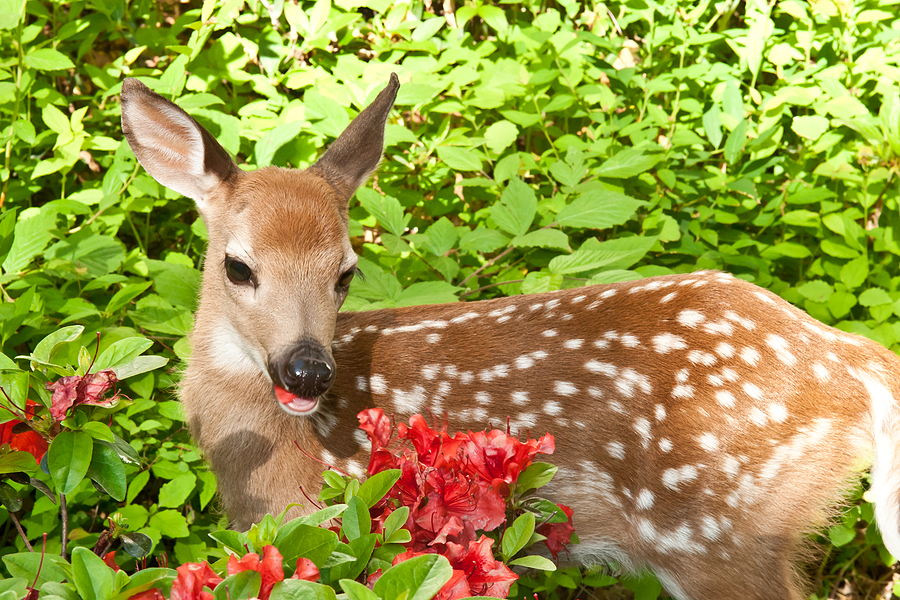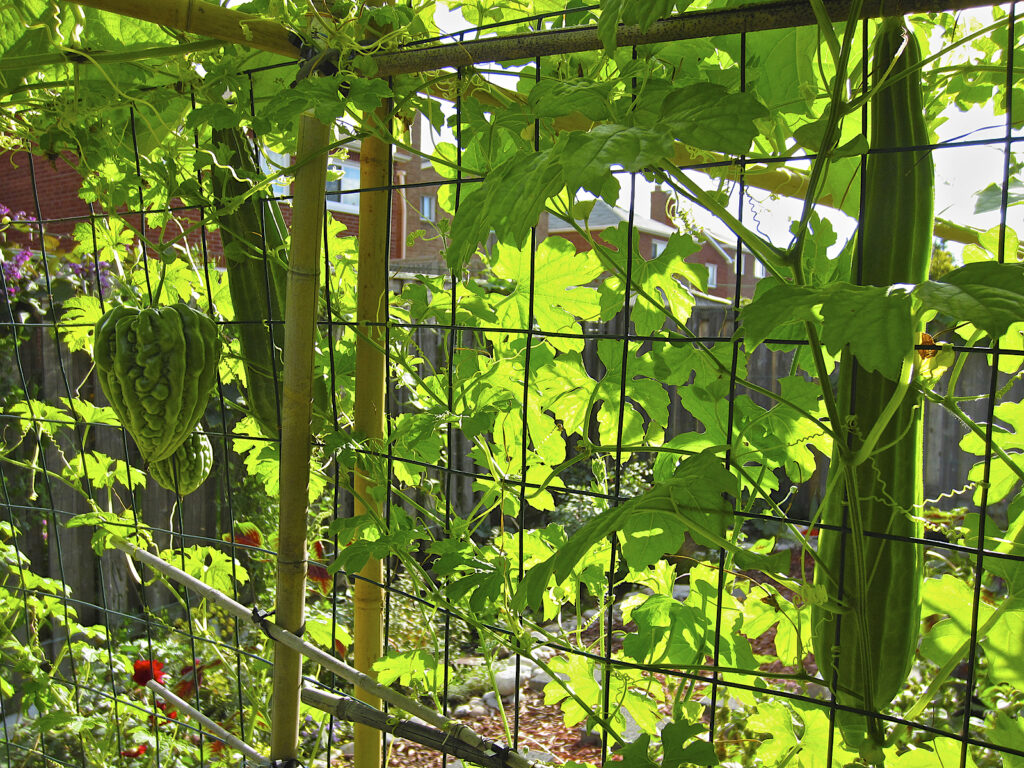Deer are often considered the enchanting denizens of the forest, but that charm quickly wanes when they see your luscious garden as their very own green buffet. For gardeners and homeowners, the battle against deer’s insatiable appetites is a seasonal saga of defoliation and despair. But fear not—there are natural, humane, and effective strategies to keep Bambi and friends at bay without turning your backyard haven into a militarized zone.
Below, we’ll explore how to understand deer behavior, craft healthier plant defenses, and tap into technology to safeguard your greens. Whether you’re a budding landscaper or a seasoned green thumb, these tips will help you cultivate a garden that’s not just a feast for the eyes but immune to the deer feast.

How to Keep Deer Away From Gardens
Deer can beautifully ravage a garden, leaving behind a scene that’s as picturesque in its way as it is heartbreaking for the owner. The cycle often begins in spring when tender sprouts and new, attractive growth are too delightful for deer to ignore. The battle then rages through summer, with rutting and bark rubbing adding to the woes. Fall sees deer more desperate for food and thus, less discriminating. The cycle is not without its learnings, though. Gardeners who understand deer behavior and thoughtfully adapt their approach can protect their spaces without undue stress.
Understanding Deer Behavior
To outwit your herbivorous foes, it’s all about playing detective. Learn the types of plants deer prefer and which they’ll turn up their twitchy-nosed disdain for. Observe their routes, which can often be predicted by the most direct food-to-bedding path. Once you discern their patterns, you can strategize to intercept and redirect. For example, deer dislike pungent odors, so planting garlic near a garden’s edge can signal a perimeter they find repulsive. Reducing visibility of your garden can also deter them—deer hate surprises as much as anyone.
Natural Deer Deterrents
The gentle approach is always the first line of defense for gardeners who wish to coexist peaceably with wildlife. Start with your greenery—many ornamentals and edibles are simply unpalatable to deer. Plants like lavender, yarrow, and coreopsis are often ignored in favor of tastier morsels. Garlic, asparagus, and rhubarb are in the vegetable garden, and boxwood, barberry, and Russian sage in the landscape. If the right plants don’t do the trick alone, scent-based repellents like peppermint oil can give an extra nudge in the opposite direction.
Fences, too, can be lovely and effective. A 7-foot fence will keep deer from leaping into your garden, but a shorter one with an outward slant and an electric wire at nose level can also be a deterrent. Both can promote an environment of mutual respect—them on one side, you on the other, a beautiful garden blossoming harmoniously between.
Technology in Deer Control
When aesthetics meet automation, we’re in the modern age of garden defense. High-tech scarecrows and motion-activated sprinklers can startle deer without startling you or your guests. Emitting a sudden burst of water or light, these gadgets can train deer to keep their distance without harm. They’re especially useful if traditional fencing isn’t an option or if your garden is large and labor-intensive.
For some, a “deer cam” might even be a primary garden gadget—not as a deterrent, but as a tool to understand deer habits and needs. Getting to know the local population—how many deer, when they visit, what they eat—can help tailor your natural defenses to be even more effective.
Gardening Practices to Minimize Deer Attraction
Sometimes, the devil is in the details—or lack thereof. Maintain your garden with an eye toward discretion and, yes, deception. Plant your most valuable specimens away from the forest edge, keep them pruned, and don’t give them an all-you-can-eat buffet by overdosing with fertilizer. Use raised beds and trellises to add a level of complication to deer browsing that can make it not worth the effort.
Choosing plants that are less attractive to deer isn’t about settling for second best—it’s knowing what will flourish without a nibbled end. Native plants and those with spines, bristles, or strong odors that deer typically dislike can still create an inviting environment for humans and butterflies alike. You’ll have a deer-proof garden before you know it!
Conclusion
Understanding and working with deer behavior is the foundation for a successful deer-resistant garden. Each spring, summer, and fall, nature gives and takes away. A garden that keeps deer at bay is still a garden—you might just have to plant a few more types of daffodils. Keep things in balance, remembering that your garden is more than a sum of its parts.
And if, after all these efforts, you find yourself still at a loss, don’t hesitate to bring in the professionals. Wildlife control companies can offer solutions that are more individualized and more permanent—because when it comes to your garden oasis, a little outside expertise can go a long way.
Would you like some professional assistance with abating and removing armadillos and other nuisance wildlife from your property? Contact Smoky Wildlife Control at 615-610-0962 for TWRA licensed and insured deer repellent application services in Nashville, Tennessee and beyond. We also work with many other types of wildlife and serve both residential and commercial clients.
Related Posts:
Choosing the Right Deer Repellent for Your Home
Deer-Proofing Your Landscape: Top Methods and Products
FAQS About Dead Deer Removal and Deer Repellent


